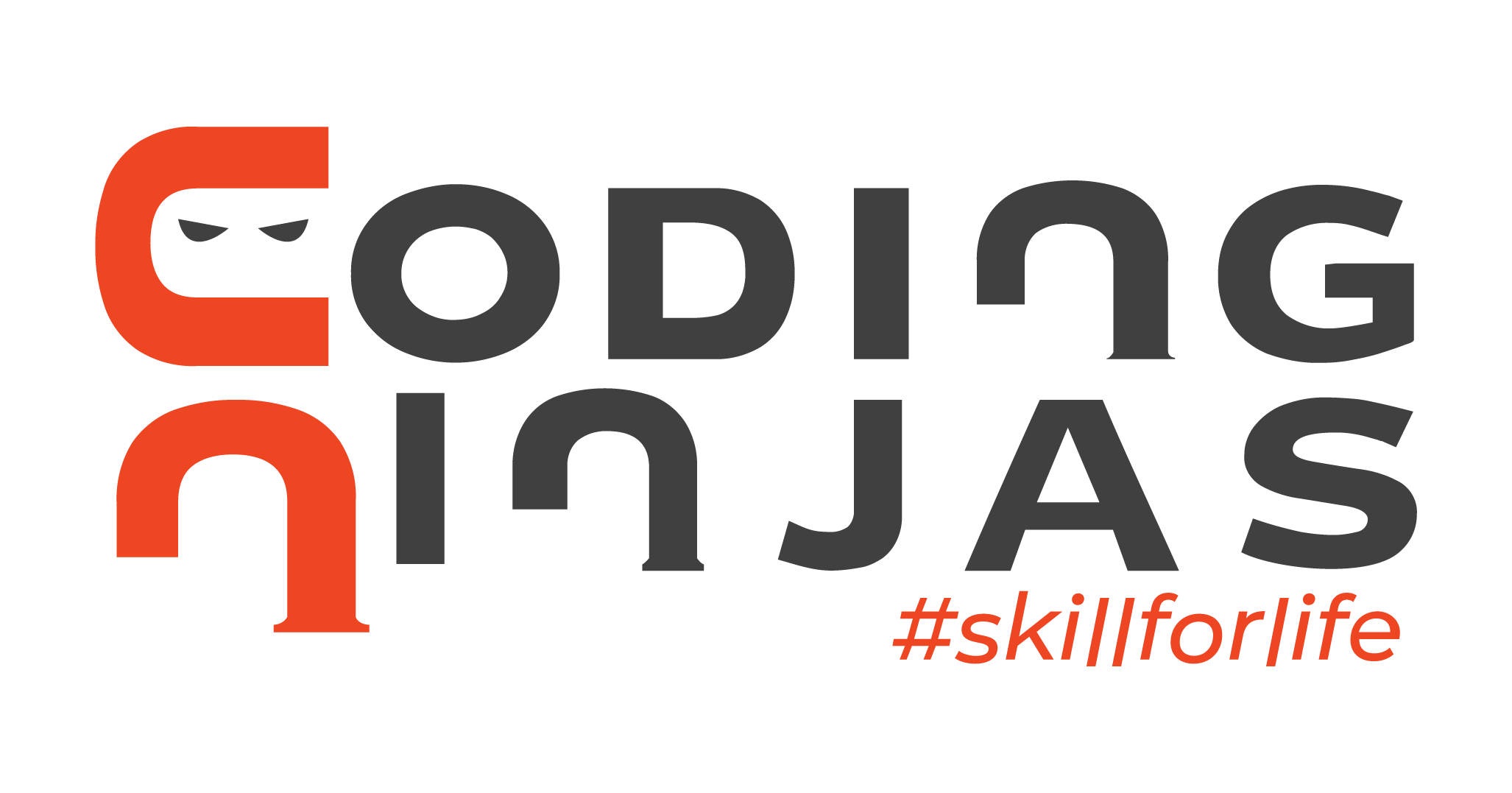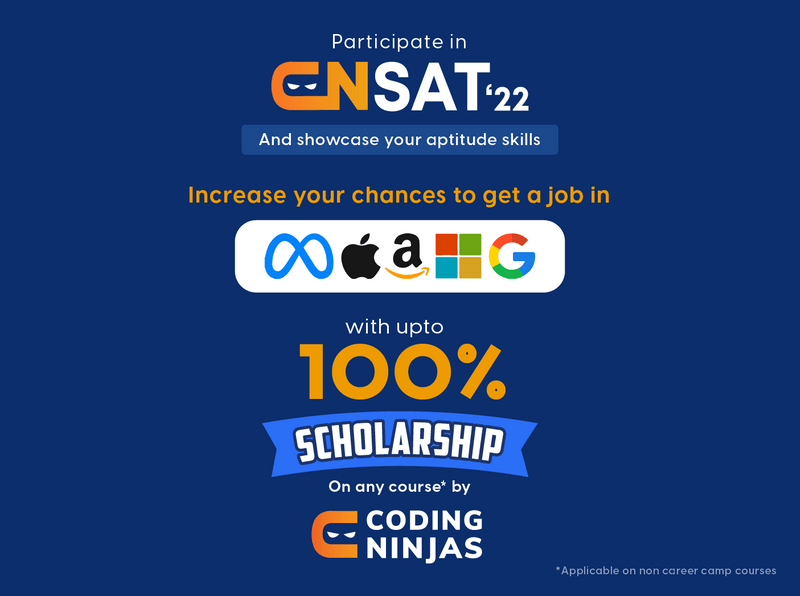Table of Contents
Introduction
A college student’s ultimate goal is to get a job by the end of their final year. Therefore, most institutions have campus placement drives that allow reputable companies to recruit top candidates while still in college. In addition, students look for off campus opportunities if they are unable to find a suitable job during their campus placements.
Above everything, off campus placements can be a lifesaver if you want more employment opportunities. This article is for anyone interested in taking the less-travelled path or off campus placement.
Let’s take a glance at some of the perks of off campus placement before moving ahead.
Benefits of Off Campus Placements
Although finding a job through off campus placements can be a time-consuming and demotivating procedure, the result is worth the wait.
- The off campus placement gives you the freedom to go well beyond your comfort zone for the right opportunity.
- This job search will provide you with far more exposure and knowledge than any interview or group discussion.
- Off campus placements provide you with the opportunity to explore a variety of career opportunities.
- The internal satisfaction gained by landing an off campus job adds to the overall joy of the experience.
Both off campus and on-campus placements have advantages and disadvantages, but both lead to the same end.
Now you know why off campus placements might be a reasonable choice. So let’s dive a little deeper into this domain to find out how to do it!
1. How to know about off campus drives
There are several ways to reach out to companies for off-campus opportunities. Some of them are listed below:
- Make a list of all the companies you would like to work for and do some research to narrow down the ones who hire off-campus. Once you’ve narrowed down your choices, go to the firms’ respective career pages and apply for entry-level positions that they’ve posted.
- Keep in touch with your peers, teachers, and seniors to access new job opportunities. Building a network allows you to stay informed about the various chances available at their workplaces, and they may even be able to provide you with a referral for some of the positions.
- Cracking various employability tests such as TCS (National Qualifier Test), MET (Mettl Employability Test), eLitmus, AMCAT, CEAT etc., with a good score will give you an extra edge among your companions.
- On platforms like HackerRank, HackerEarth, TechGig, and others, many companies host hiring challenges. Participate in these challenges and try to achieve a high ranking. If you perform well, the company may contact you for an interview.
- Getting yourself registered on various job portals like Glassdoor, Monster India, Freshersworld, Indeed etc., is a simple way to stay updated on employment openings for freshers and the newest off-campus drives. It’s easy to do and won’t take up much of your time. All you have to do now is create a profile, submit your resume, and list your skills, projects and certifications.
- By interacting with the right people, such as IT recruiters, LinkedIn can help in getting an off-campus opportunity. You can contact them directly, or they may contact you if your profile is exceptional.
LinkedIn is one of the leading platforms for connecting emerging talent with employers. Now, Let’s look at the diversity and scope of off-campus opportunities.
2. Scope of off campus placements
Unlike on-campus placements, which limit you to companies who have a tie-up with the college, off-campus placements allow you to approach companies who do not come to your college.
Off-campus placements, however, are more difficult to crack than on-campus placements. To impress the interviewer with your personality, expertise, and talents, you must follow some campus placement tips and tricks. And we’re here to assist you on your journey to off-campus placement. Watch this video on The Roadmap to Off-campus placements by Ankush Singla, Co-founder of Coding Ninjas, to gain substantial insight about this article.
3. Off campus recruitment in software companies
Many product-based companies provide off-campus employment. Moreover, many platforms, such as PrepInsta, Linkedin can get notified of off-campus job openings. You can also look for information about the position, such as the eligibility criteria, selection/interview procedure, company profile, and location.
Here’s a list of the biggest companies in the market that conduct off-campus placement drives and various hiring challenges along with the links.
| Companies | How to Apply / Hiring Challenges |
| Amazon | Via challenges like amazonWOW, amazonWit (Only for women) and career portal |
| Via challenges like Kickstart, CodeJam, HashCode and career portal | |
| Code Nation | Via CodeAgon challenge |
| D.E Shaw | Career Portal |
| Goldman Sachs | Career Portal |
| Microsoft | Career Portal |
| Zeta | Career Portal |
| Sharechat | Career Portal |
| Postman | Career Portal |
| Wipro | Career Portal |
| Tech Mahindra | Career Portal |
| TCS | Career Portal |
| IBM | Career Portal |
| Capgemini | Career Portal |
| HCL | Career Portal |
| Accenture | Career Portal |
| Deloitte | Career Portal |
| Ericsson | Career Portal |
| Cognizant | Career Portal |
| Paytm | Career Portal |
You don’t have to be concerned if your dream company isn’t on the list. Only a few well-known companies are included to make it concise.
You can simply visit your selected company’s website, browse their career page, identify a suitable job vacancy, and apply.
We’ve addressed various ways to find off campus opportunities thus far. So, let’s take a closer look at the hiring process.
4. The hiring process
After applying for a job role, it is suggested to read the company’s interview experiences to get a sense of what to expect during the interview. The hiring procedure of most companies is unique, yet they all follow the same basic steps of hiring as given below.
- Online Test
- Group Discussion (Optional)
- Technical Interview
- HR Interview
1. Online Tests
A company conducts online tests intending to evaluate a candidate’s technical capabilities or coding proficiency.
These tests include
- Technical MCQs related to core subjects such as Operating Systems, Networking Concepts, DBMS.
- General aptitude questions
- Coding questions in preferred languages like C++, Java, Python etc.
- Behavioural questions(only in some cases)
2. Technical Interview
After being shortlisted in the first round, candidates have to go through a series of interviews in off campus opportunities.
The technical interview is a specialised, rigorous procedure that evaluates your coding ability, problem-solving ability, and personality. Consequently, technical interviews are quite intimidating.
The following are some of the most common types of remote coding interview.
- Real-time monitored challenge to see how you code.
- Home assignment within a set time limit–usually 48 hours.
- Onsite interview with whiteboard tasks
Preparation tips to ace the technical interview:
- To provide the interviewer with a glimpse into your thoughts, talk through your code (think aloud). As these real-time challenges are rarely timed, take your time, ponder it over, and allow the interviewer to give you hints.
- Before you start writing, make sure you understand all of the guidelines and requirements. Then, if you find any doubt, ask clarifying questions.
Candidates aspiring to crack big product based company’s interviews should go through the Must-Do Coding Interview Questions for Product Based Companies to practice plenty of standard questions and clear their doubts.
3. HR Interview
HR interviews are the final steps of the hiring process in almost every company. This interview is often conducted to evaluate the candidate’s personality, strengths, weaknesses and background. Plus, to check if the candidate is fit for a position.
Preparation tips to ace HR interview:
- Spend at least 30 minutes researching the company for which you are interviewing. The worst thing you can do is show up for the interview without prior knowledge about the company.
- For the “tell me about yourself” question, prepare a 30-second to a 1-minute elevator pitch.
- If you’re asked, ask a smart question that shows you know about the company, industry, and competitors.
Moreover, the candidates are suggested to prepare answers to common interview questions prevalent in almost every company.
Before getting to the end of this article, a key point to keep in mind is, “You will never be short of job opportunities if you are talented and capable of achieving the best, irrespective of how you apply for them”.
Frequently Asked Questions
Technical round is an interview round used to evaluate a candidate’s technical expertise. In the hiring process, there could be more than one technical round.
There is no fixed time for starting preparation. However, it is usually recommended to begin as soon as possible to cover maximum topics as possible. Consistency is the key here.
Make a list of all the companies coming in for placements, research their exam patterns, and prepare accordingly. Also, prepare for aptitude exams as well.
Revise all the subjects asked during placements like DSA, OOPs, DBMS, OS and Networking. Practise frequently asked coding and aptitude questions.
There is no hard and fast rule for this. Generally, 3-4 months are enough to prepare for placements.
Key Takeaways
We’ve attempted to cover the entire spectrum of off-campus placement in this blog, from perks to scope, from a list of notable companies to their standard hiring procedures, and all the different ways to learn about such opportunities.
Many students miss minor nuances while preparing for an interview. Therefore, one must rely on a trustworthy source to practise perfectly. Coding Ninjas has brought you various interview experiences of companies like Amazon, Google, Microsoft and many more via its platform Code Studio.
CodeStudio is developed by some aspiring enthusiasts and working professionals who have experience in companies like Google, Amazon, Microsoft. At CodeStudio you get interview problems, interview experiences, and practice problems that can help you to land your dream job.
By Vaishnavi Pandey















Leave a Reply